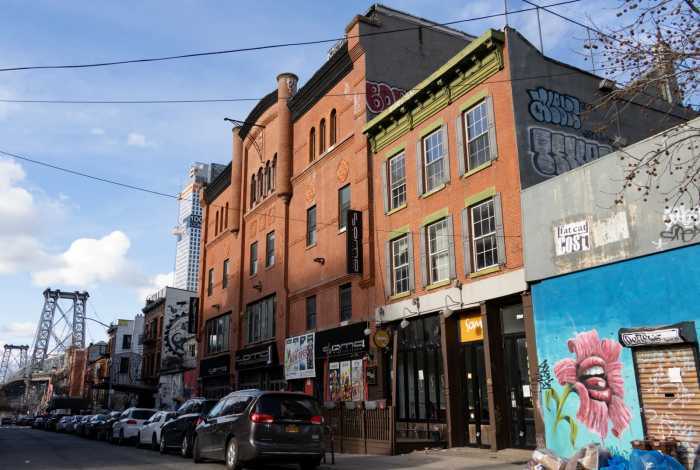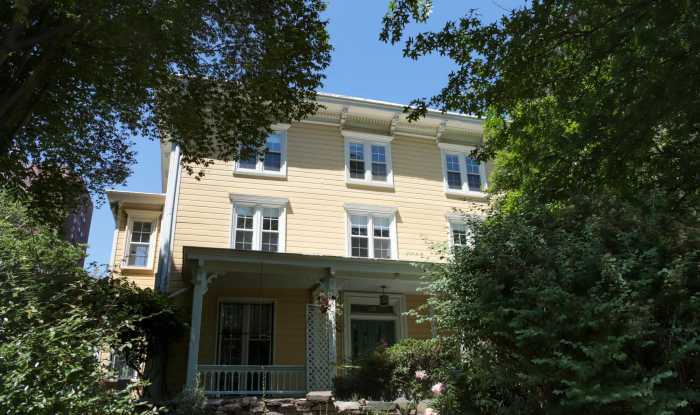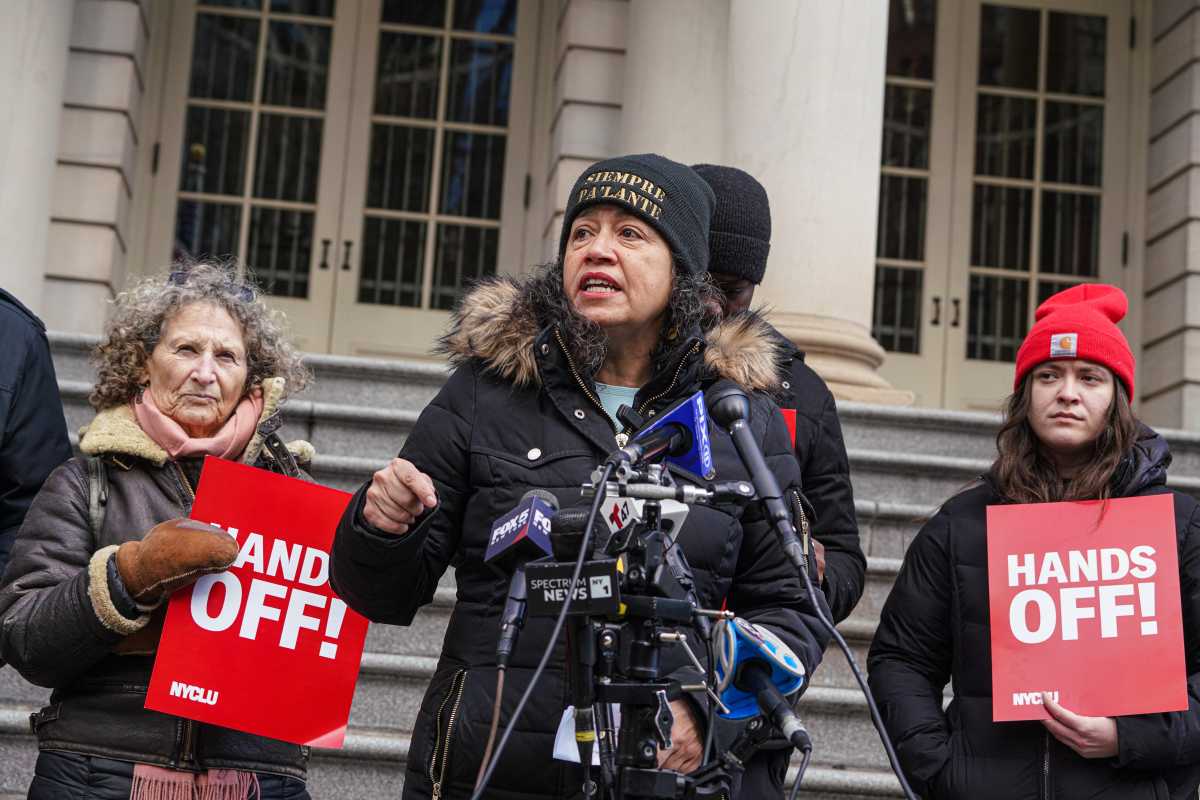In federal court this week, a lawyer for 13 residents and businesses whose properties are slated to be bulldozed to make room for Atlantic Yards made what we believe is a winning argument that Bruce Ratner’s mega-project violates one of America’s most-sacred principles, namely that the government can not seize a person’s home unless there is a larger public benefit.
Lawyer Matthew Brinckerhoff wisely did not seek to deny the government’s long-established power to condemn private property.
And he also did not try to re-argue the Supreme Court’s landmark 2005 Kelo v. City of New London decision, which expanded the government’s eminent domain power to allow private property to be handed over to a private developer.
But Brinckerhoff did find the eminent domain loophole that is explicit in Kelo: The government must decide to make the land grab before it has chosen a developer who will get the property.
As Brinckerhoff pointed out on Tuesday, Atlantic Yards was approved in a sham public process that was conducted only after Ratner had already been selected to develop the site.
And that selection followed years during which government failed to solicit viable ideas — and, indeed, rejected those that were nonetheless advanced — for redeveloping the Vanderbilt Yards, preferring to leave the land fallow until a hand-picked developer — Bruce Ratner — came along and asked the state to condemn private property for him via its power of eminent domain.
A similar request was at the heart of the Kelo case, where the city of New London saw a reasonable public benefit in condemning land to build a new headquarters for Pfizer so that the company would not leave town.
But there’s an important difference between that scenario and Atlantic Yards: New London did not take the private property to benefit the private developer who would build the Pfizer plant; indeed, the identity of the developer was determined only after a proper bidding process.
As the high court noted, that bidding process is essential: “It [would], of course, be difficult to accuse the government of having taken A’s property to benefit the private interests of B when the identity of B was unknown.”
But Atlantic Yards turns Kelo on its head. In this case, state officials did know the identity of B — Bruce Ratner — when it took property from A — the 13 plantiffs.
To get around Kelo, the state has argued that the public benefit of Atlantic Yards — the construction of a basketball arena, the creation of affordable housing, the covering over of a scar-like rail yard — makes it a prime candidate for eminent domain.
But at Tuesday’s hearing, two judges questioned that assertion, seemingly understanding that under the Kelo ruling, government is not “allowed to take property under the mere pretext of a public purpose, when its actual purpose was to bestow a private benefit.”
And at Atlantic Yards, the supposed public benefit is, of course, a pretext. The publicly built arena, for example, would be operated by Ratner under a $1-a-year lease. Indeed, he’s already sold the naming rights to this supposedly “public” arena for hundreds of millions of dollars.
Brinckerhoff wisely pointed out that the arena is no different from a hotel: the public certainly has access to it — and may even enjoy going to events there — but it exists to make money for its owners, not the public.
And let us not forget that the “affordable housing” at Atlantic Yards is being built with substantial subsidies from taxpayers. Many developers get such subsidies, but it is appalling that Ratner would not only get the subsidies to build below-market-rate housing but then argue that his taxpayer-backed units are such a public benefit that they justify the abuse of eminent domain.
State officials say that Atlantic Yards will also eliminate urban blight. But we find it very telling that the state commissioned its sham “blight study” only after the Kelo verdict — an indication that they and Ratner were anxious to fabricate yet another supposed public “benefit” of Atlantic Yards.
That lie was unmasked in the appeals court this week.
























